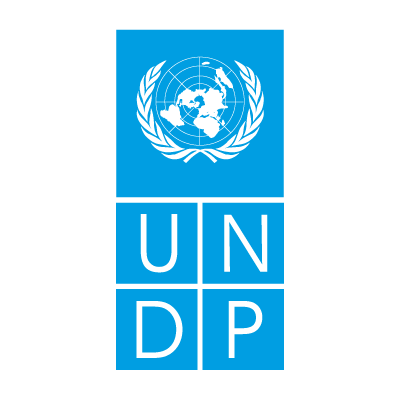
KNOWLEDGE
HUB
Case Study
Beyond economic incentives: enabling mitigation action in the water sector
Water and Wastewater Companies for Climate Mitigation (WaCCliM) was a global project funded by the German government through the International Climate Initiative (IKI). It was implemented from 2014 to 2022 by the Gesellschaft für Internationale Zusammenarbeit (GIZ) in cooperation with the International Water Association (IWA). The project supported water utilities and the national governments of Jordan, Mexico and Peru in reducing the GHG emissions of the water sector. Whilst successfully implementing climate mitigation measures in the pilot water utilities, WaCCliM’s upscaling efforts largely relied on activities around the institutional framework conditions in the three project countries.
Based on the project experience, the policy brief shows that considering exclusively economic incentives for mitigation measures in utilities is not enough. The development of an enabling environment for mitigation in the water sector is crucial. This includes (1) climate commitments as a driver for sectoral mitigation action, (2) policy/regulation mechanisms for mitigation in the water sector, (3) access to climate-sensitive infrastructure finance, and (4) the development of capacities in utilities. The policy brief closes with recommendations for policy makers and financing institutions as well as actors who cooperate with them in the framework of international cooperation.



